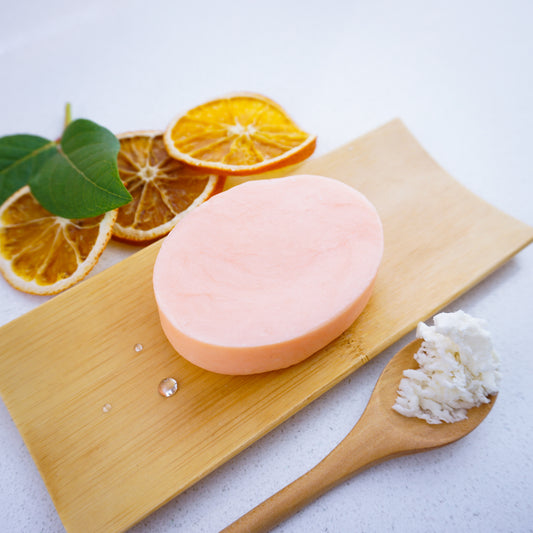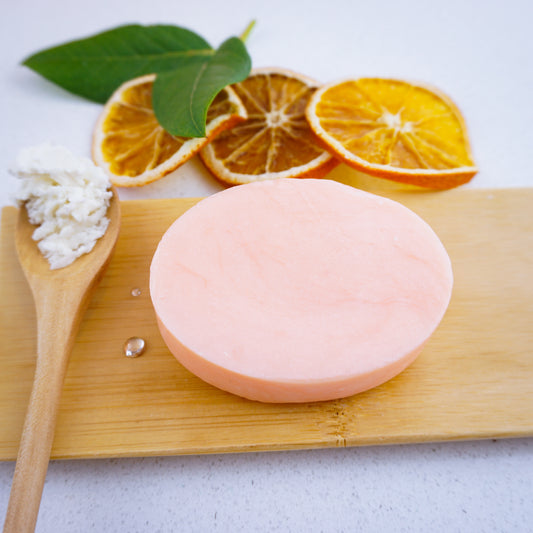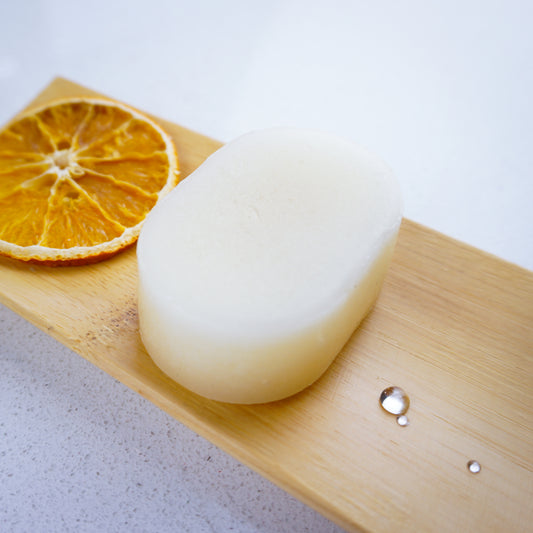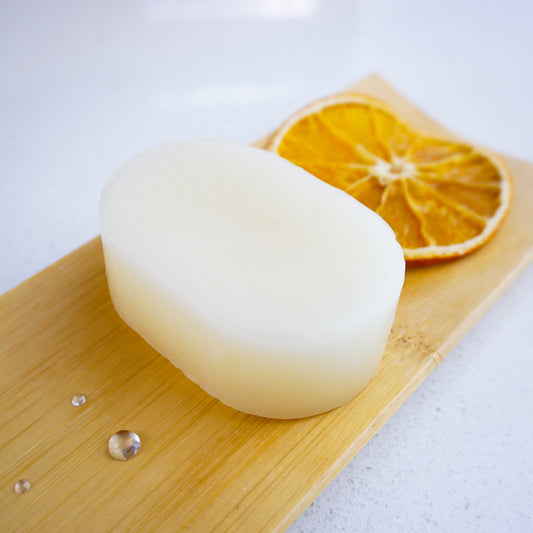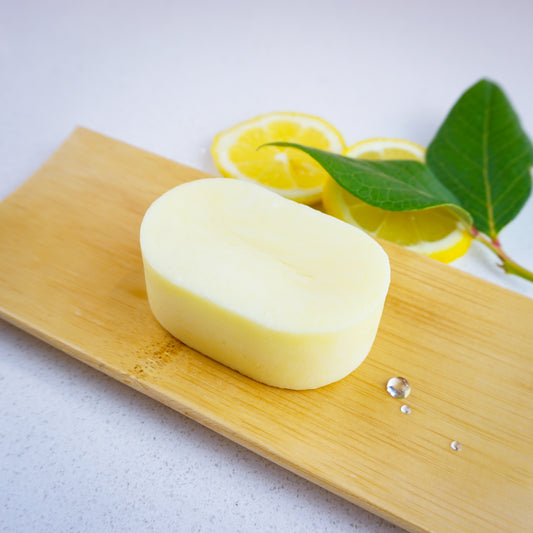The usefulness of Plastic
Plastics are a crucial component of modern life, with billions of tonnes manufactured yearly for various products. Plastics are widely used, yet their recycling rate is still low.
According to the latest data, the global recycling rate for plastics is around 9%. This means that only a tiny fraction of the plastics produced each year are being recycled and repurposed for new products. While this number may vary depending on the area and the type of plastic being recycled, it is clear that there is significant room for improvement.
The UK's recycling rate for plastics is higher, at around 31.2%. However, this is still relatively low compared to other materials, such as paper and metal, which have recycling rates of about 70%. There is ongoing work in the UK to increase the recycling rate for plastics and lessen the amount of plastic waste in landfills or incinerated.
One of the challenges in increasing the recycling rate for plastics is the fact that many types of plastic are not equally recyclable. Some types of plastic are more easily recycled than others, and some recycling facilities may not be equipped to handle certain types of plastic.
Another challenge is the need for more infrastructure in some areas to support plastic recycling. It is challenging to raise recycling rates since there are frequently insufficient facilities to collect and handle plastic waste.
Despite these challenges, there are many steps that individuals and businesses can take to increase the recycling rate for plastics. These include properly disposing of plastic waste, supporting companies that use recycled plastics in their products, and advocating for improved recycling infrastructure and regulations.
Together, we can increase the quantity of recycled plastic and decrease the amount of plastic waste dumped in landfills or the environment.
Approximately 8 million tonnes of plastic are thought to reach the oceans each year, and plastic waste can take hundreds of years to decompose and break down in the environment.
This plastic waste can devastate marine life, with many animals becoming entangled in plastic or ingesting it.
Plastic in the UK
Here in the UK, we are in the top 10 consumers of plastic in the world. According to the latest data, the UK uses over 6 million tonnes of plastic each year, with around half of this being packaging material. This is a significant amount of plastic and has led to concerns about the environmental impact of all this plastic use.
Plastic convenience is the main reason for the high level of plastic use. We use plastic to hold and wrap our fruits & vegetables, carry our shopping and many more single-use items.
Plastic packaging is lightweight, durable, and easy to transport, making it a popular choice for many consumer products. In addition, plastic is often cheaper to produce than other materials, which has made it attractive to manufacturers.
To address the problem of plastic use, the UK government has introduced several measures to reduce plastic waste. These include introducing a tax on plastic bags, banning microbeads in personal care products, and investing in research into alternative packaging materials. In addition, many businesses are taking steps to reduce their own plastic use by using reusable packaging and supporting recycling programs.
There is so much more businesses and individuals can do to reduce plastic use; it is clear that action is needed to address this issue. We can all help to lessen our dependency on plastic and safeguard the environment for future generations by working together.
Reducing Plastic
As a business owner, I have taken the decision to remove all plastic from our packaging. But there's more we can all do as business owners and individuals.
Use reusable packaging.
Consider using reusable containers or bags instead of disposable plastic packaging.
Choose sustainable materials.
When choosing packaging materials, choose eco-friendly options such as cardboard or biodegradable plastics.
Use refillable containers.
Instead of single-use containers, use refillable containers for products such as soap or cleaning supplies. There are many eco-refillable shops in your local high street. We have closely worked and supplied our shampoo & conditioner bars to many eco-shops around the country.
Bare + Fare: Woking’s Award-Winning Zero Waste & Refill Shop.
Fill Your boots: A Zero-Waste Shopping Experience
Eco Earth Market: The market as your one and only stop for all of your sustainable needs.
Recycle.
Recycle where you can, and look for supermarkets that recycle those plastics that your general recycling collection doesn't accept.
Use reusable bags.
Instead of using single-use plastic bags at the grocery store, opt for a reusable bag made of cloth or other durable material.
Say no to straws.
Straws are a major source of plastic waste, and they can be easily avoided. Next time you order a drink, request it without a straw or bring your own reusable straw.
Use a refillable water bottle.
Invest in a reusable water bottle and refill it as needed to reduce your plastic consumption.
Bring your own containers.
Many restaurants will allow you to bring your own containers for leftovers or to-go orders. This can help reduce the use of disposable plastic containers.
Support businesses that use eco-friendly packaging.
When possible, choose products from companies that use sustainable packaging materials, such as cardboard or biodegradable plastics.

Alternative to Plastics
There are many alternatives to plastic that can be used in households to reduce plastic use and waste.
Glass
Glass containers can be used as an alternative to plastic for storing food and other household items. Glass is durable and can be reused many times, making it a more sustainable option than single-use plastic.
Stainless steel
Stainless steel containers and bottles are an excellent alternative to plastic for storing liquids and food. They are durable and can be used for many years, making them a more sustainable option.
Bamboo
Bamboo is a sustainable material that can be used to make a variety of household items, including utensils, cutting boards, and even toothbrushes.
Paper
In some instances, paper items like cardboard and paper bags can be used instead of plastic. For example, paper bags can be used instead of plastic bags for grocery shopping, and cardboard can be used to package items for shipping.
Cloth
Cloth items, such as towels, napkins, and bags, can be used as an alternative to single-use plastic products. Cloth items can be washed and reused many times, making them a more sustainable option.

Shampoo and Conditioner bars
I have to do a small plug of my business here. I started Washla with the motivation to help reduce our plastic consumption. All our packaging are made from biodegradable materials, and you will find no plastic in any of our product. Not only that, our shampoo and conditioner bars are great! We have had so much positive feedback from our users and customers. Please do visit our store and try one for yourself.
It is important to acknowledge that not all plastic substitutes are appropriate for all purposes and that plastic may be required in some circumstances. However, by considering the options above and making an effort to reduce plastic use, it is possible to positively impact the environment.






